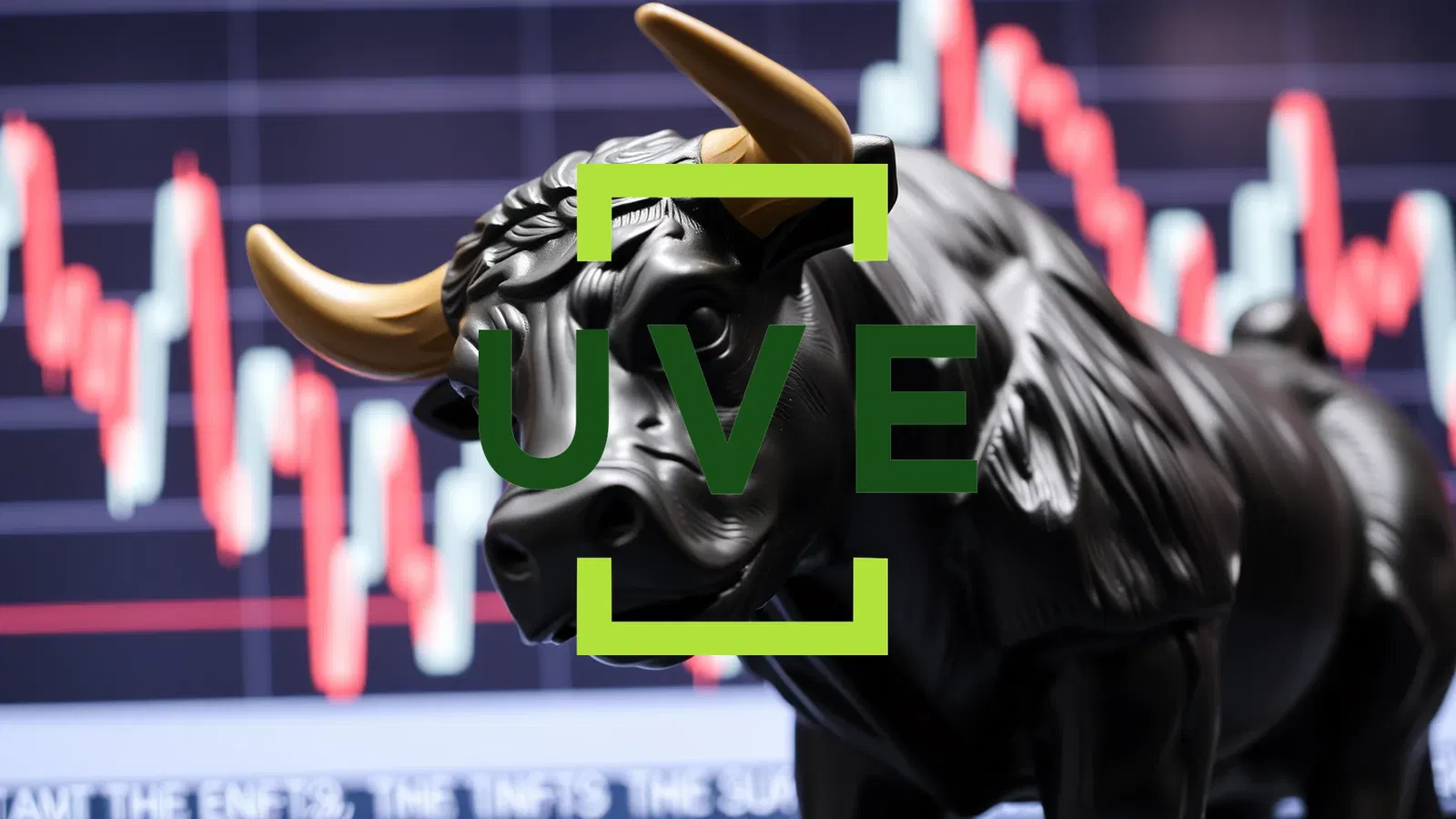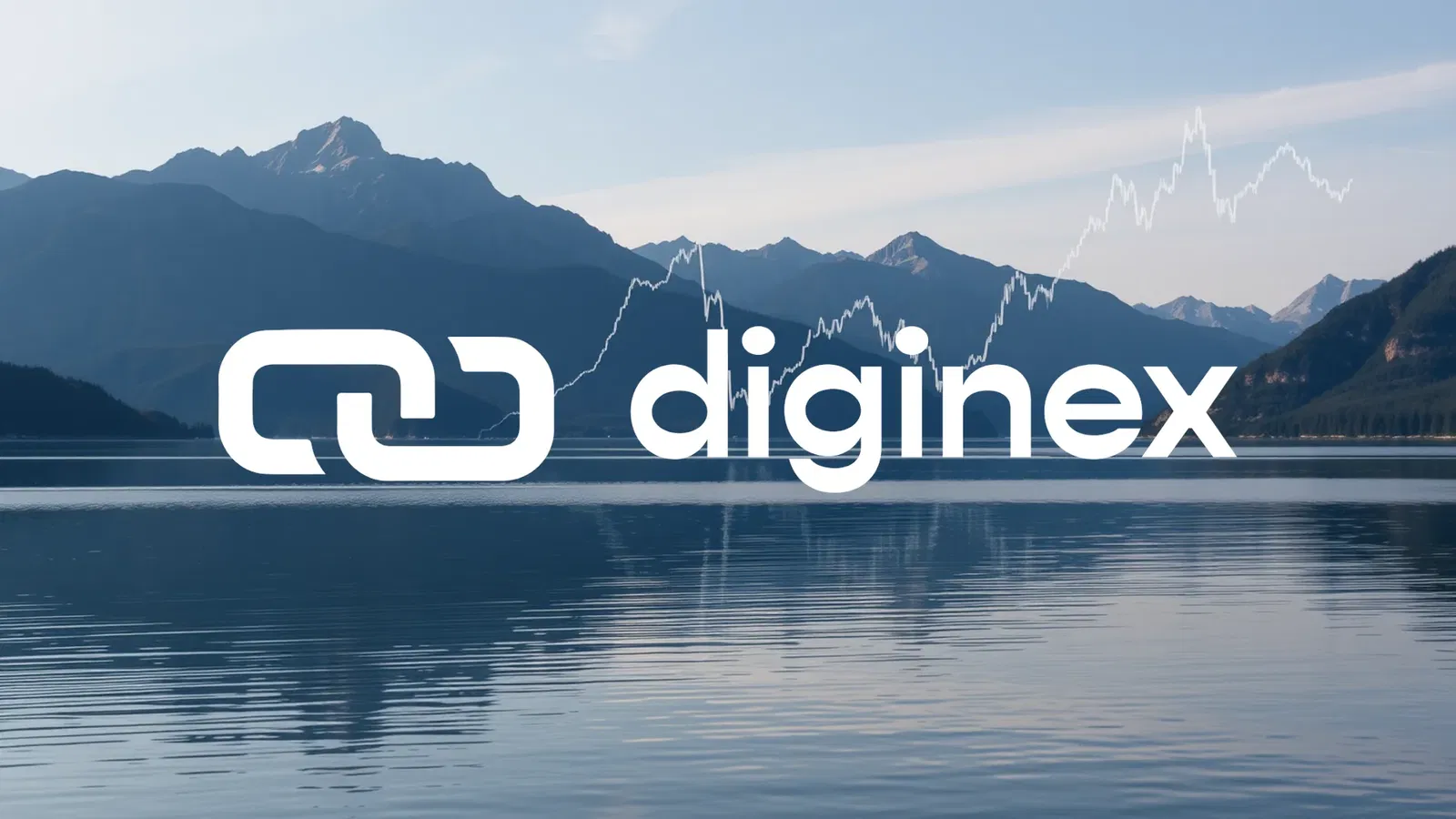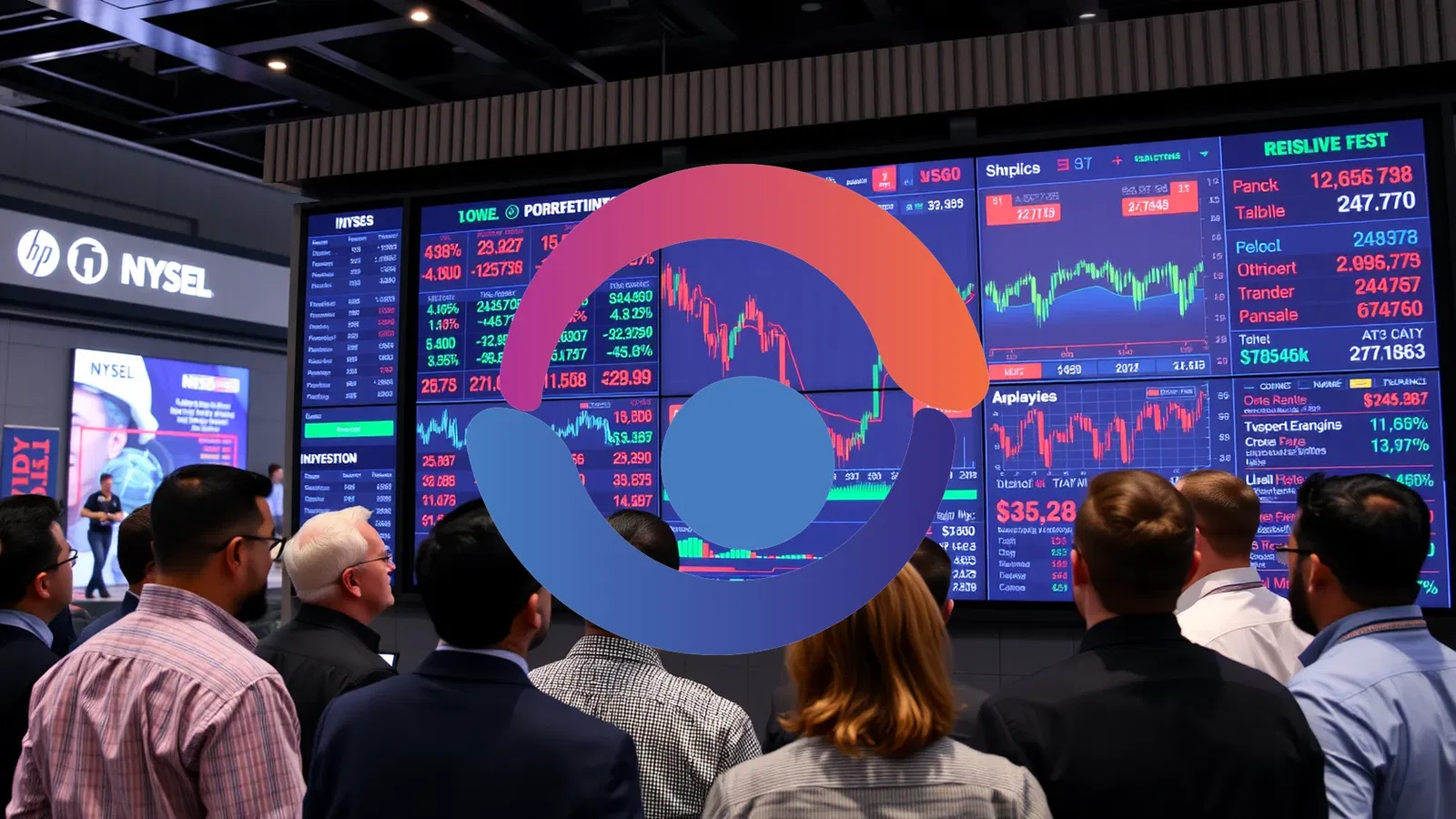Major financial institutions are realigning their portfolios, with Meta becoming a focal point of strategic shifts. As some investors scale back their exposure, others are seizing the opportunity to increase their stakes. This divergence highlights the complex calculations driving institutional decisions regarding the social media behemoth.
Strategic Portfolio Adjustments
Recent trading activity reveals a clear division among professional investors. TenCore Partners and Sprucegrove Investment Management have trimmed their Meta holdings, while ROI Financial Advisors and Resonate Asset Management have been accumulating positions. These opposing moves underscore significant disagreement about Meta’s prospects among sophisticated market participants.
Rather than making wholesale exits or new entries, institutional players are executing precisely calibrated adjustments to their exposure. This nuanced approach reflects their navigation of conflicting signals emanating from the technology giant’s current trajectory.
Profitability Concerns Amid Strong Performance
Meta’s announcement of increased capital expenditures for 2025, now projected between $70-72 billion, has raised eyebrows across Wall Street. The substantial ramp-up in artificial intelligence infrastructure spending has prompted concerns about potential pressure on future profitability.
Investment firm TD Cowen responded to this development by reducing its price target from $875 to $810, while maintaining its “buy” recommendation. This adjustment came despite Meta’s impressive third-quarter results, which featured revenue growth of 26% to reach $51.24 billion.
Should investors sell immediately? Or is it worth buying Meta?
The company’s financial performance was somewhat overshadowed by a one-time tax expense of $15.93 billion, which significantly impacted the bottom line and resulted in adjusted earnings per share of $7.25.
Reality Labs: Balancing Losses and Promise
Meta’s metaverse division continues to operate at a loss, though the segment shows promising developments through products like the Ray-Ban display smart glasses. The rapid sell-out of these AI-enabled wearables demonstrates consumer willingness to embrace next-generation smart technology.
The critical question facing investors remains whether these emerging product categories can eventually justify the massive investments required for their development. Market sentiment currently reflects this uncertainty, with Meta shares trading approximately 26% below their February peak.
Diverging Views Create Market Uncertainty
The conflicting institutional positioning reveals a fundamental divide in how professional investors assess Meta’s strategic direction. Some view the aggressive AI spending as essential for long-term competitiveness, while others worry about the near-term impact on profit margins.
Coming weeks will prove decisive in determining whether Meta’s ambitious vision can win over skeptical market participants or if concerns about spending priorities will continue to weigh on investor confidence.
Ad
Meta Stock: Buy or Sell?! New Meta Analysis from February 7 delivers the answer:
The latest Meta figures speak for themselves: Urgent action needed for Meta investors. Is it worth buying or should you sell? Find out what to do now in the current free analysis from February 7.
Meta: Buy or sell? Read more here...








